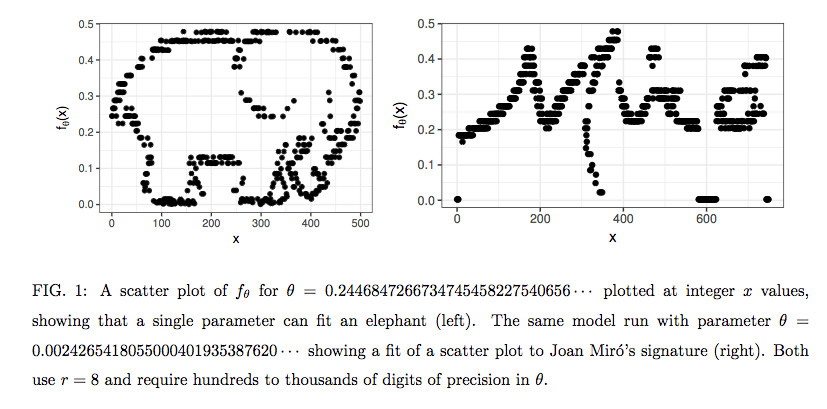Via engadget, here’s an IP-related story that brings me back to middle school. A redditor who (currently) goes under the handle XsimonbelmontX has clearly spent a lot of time building and testing a board game based on one of my favorite 8-bit side-scrolling platformers from the 1980s, Castlevania:
It’s an impressive bit of work. The game involves co-operative play, and in addition to the progressive board game format it seems to incorporate elements of card-based role playing games like Magic: The Gathering in addition to die-based roleplaying elements reminiscent of Dungeons & Dragons. Responses on Reddit are quite positive; the general tenor is captured by the current leading comment, from redditor “Canadianized” which reads: “I would buy the fuck out of this.”
But of course, Canadianized can’t buy XsimonbelmontX’s game, because it’s not available for sale–there’s just the one prototype. And some redditors, predictably, blame IP (see here, and here). But the IP story appears to be somewhat complicated.
XsimonbelmontX suggests in one thread that there are “licensing issues” that would need to be worked out with Konami (the original developer of the Castlevania series) before attempting a crowdfunded offering of the game, but then in another thread says that he had discussed the game with the licensing agent for Castlevania, and that “It wasn’t a matter of licensing at all, we had a few conversations, and they seemed really interested in the idea, but I think it ended up being a matter of production cost.” It’s unclear exactly what’s going on here, but it seems at least plausible that the obstacle to commercialization of this board game is not intellectual property licensing, but plain old supply and demand. One redditor may be willing to pay as much as 80 dollars for this game, but it may well cost more than that to manufacture and distribute (certainly with the production methods that went into the prototype). Rather than Konami seeking a royalty that would act as a tax on XsimonbelmontX’s production of this game, XsimonbelmontX is the one looking for a return on his/her creative effort alone, and is looking to Konami (or its licensee) to bear the cost (and risk) of commercialization. And it just doesn’t seem to be worth the risk. So the game won’t be made.
None of which is to say that anyone is acting wrongly here. Just that the IP story is a complex one. In a world without IP, XsimonbelmontX might be facing as much or more trouble assembling sufficient capital to manufacture this board game commercially. If the costs of production are high and the demand isn’t sufficient to recoup them, the game isn’t worth making, and no rational investor would back the project. Conversely, the fact that Konami could invoke copyright and trademark rights to block such commercialization that makes them the obvious choice for a capital investment–XsimonbelmontX might need their permission anyway–but it also gives them an incentive to do so–their other Castlevania properties stand to enjoy positive spillovers from the success of a high-quality board game using the elements of their IP.
But In a world without IP rights, where Konami continues to market its own original works, those positive spillovers would exist regardless, and might provide a significant incentive to bankrolling XsimonbelmontX’s board game project. So IP doesn’t seem to be the deciding factor in this story. This seems to be a circumstance where IP rights are not getting in the way, but that outcome seems to depend on at least two factors: (1) the IP owner’s rational willingness to license the original work for uses that promise to generate positive economic returns; and (2) a derivative/transformative work that promises to increase the value of the work from which it is derived. These two conditions do not obtain in every case involving derivative/transformative works, which is why organizations dedicated to fostering creativity that builds on existing works of expression–like the Organization for Transformative Works–have a vital role to play.
Because let’s face it: not all IP owners, derivative works creators, and consumers are rational (in the sense of that word most frequently used by economists). Some IP owners are unwilling to tolerate works that have great positive feedback effects on their own IP rights: not rational (or at best not sufficiently informed). Some creative amateurs spend countless hours creating fanworks that clearly lack commercial value sufficient to outweigh the market value of the effort: not rational. Some redditors say they are willing to throw all their money at the screen to see this board game get crowdfunded: not rational. If you’re designing an intellectual property regime under an economist’s assumption of rational behavior, you’re pretty clearly doing it wrong.
Nevertheless, for the moment the Castlevania board game appears to be the kind of story that IP apologists–many of whom subscribe to rational actor models of innovation and commercialization–would point to in their own defense. In this thread, XsimonbelmontX says he/she intends to apply the insights into game mechanics developed through creating the Castlevania game to create another game with similar mechanics but no Castlevania elements. In the meantime, XsimonbelmontX is encouraging fellow game enthusiasts to work with those mechanics, and is being approached by other IP owners to develop board games for them. In other words, the existence of IP rights here prevents wasteful diversion of resources to a project with negative social cost, but nevertheless leaves room for the development of creative skills and know-how, which in turn gives creative professionals the opportunity to work with other IP owners in mutually beneficial arrangements that divide available surplus between them. What could be bad?
I think the answer has to do with factor (2) above. That is, the Castlevania board game is a circumstance in which the derivative/transformative work at issue reflects well on the underlying work–if anything, it increases the value of the original video games. That won’t always be true. So unless we’re willing to strictly constrain the scope of the derivative works right under copyright law (and perhaps we are!), the happy story IP apologists might tell themselves about the Castlevania board game falls apart once there is a potential for the social value of a derivative work to conflict with the private cost of the work to the IP owner, even if that owner is acting rationally. As I’ve been arguing lately, IP regimes seem to have a particular perspective on this type of distributive conflict, and it is a contestable one.
In short, this one little Reddit thread reveals a great deal of the complexity, uncertainty, and normative tension at the heart of our legal regimes directed at innovation and creativity. It shows how contingent the smooth working of an IP regime is on the acts and forbearances of particular agents within that system–and in at least some circumstances, on their altruism. It hints at the conditions that might cause that smooth working to break down–conditions that are not necessarily inherent in the system, but predictable given what we know of human behavior. It’s a system that is susceptible to disruption by strategic, venal, or misguided actors–as I suppose all systems for human cooperation must be. And the susceptibility of our IP system to such disruption should give us pause, and lead us to strive toward its improvement–even its replacement, if that’s where the evidence leads.
But if you’re still upset that you can’t get your hands on the Castlevania board game, I don’t think there’s an IP villain to blame. Not this time. This time, it’s the game–the practical need to clothe this particular intellectual work in scarce physical resources–that bears the responsibility. So this time at least, don’t hate the player; hate the game.


